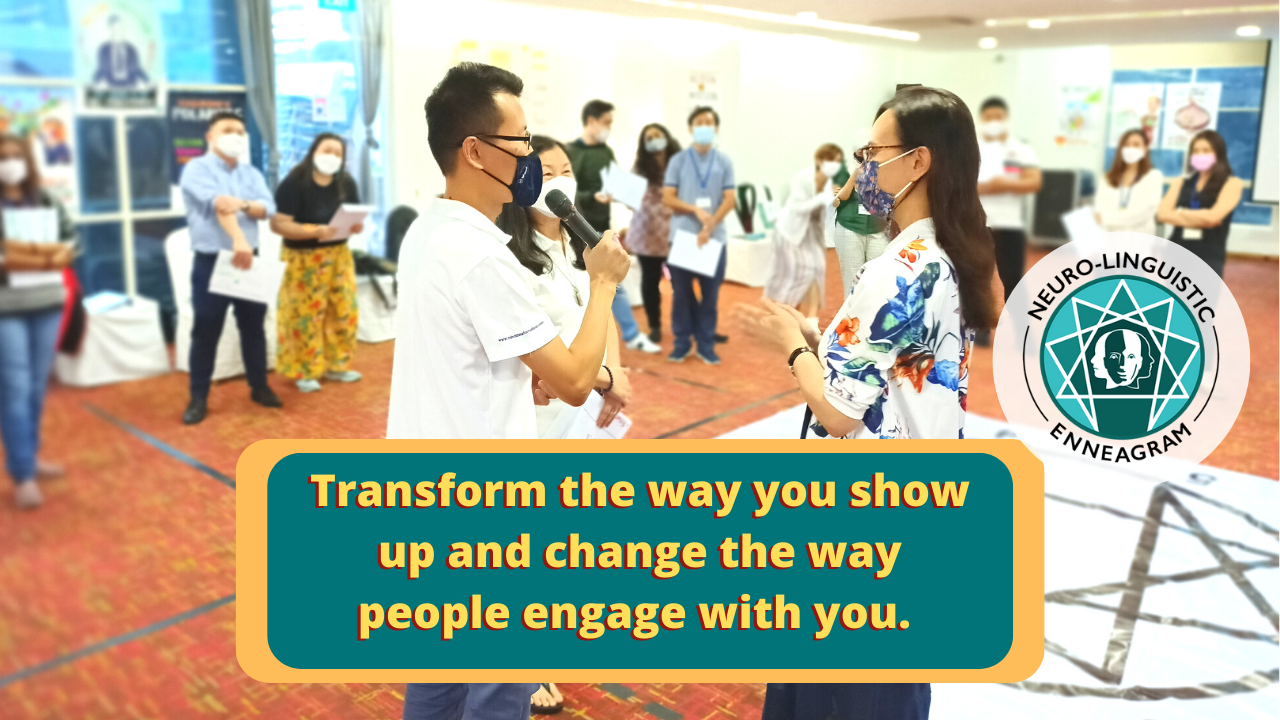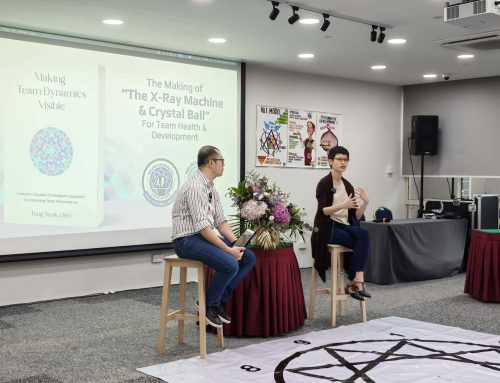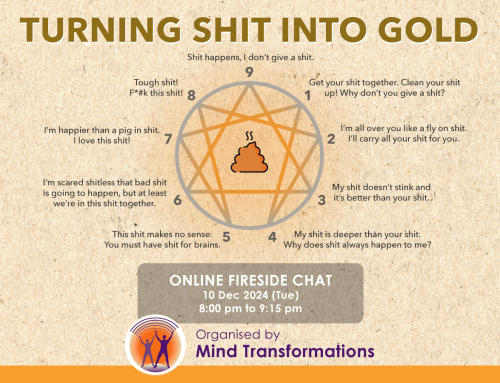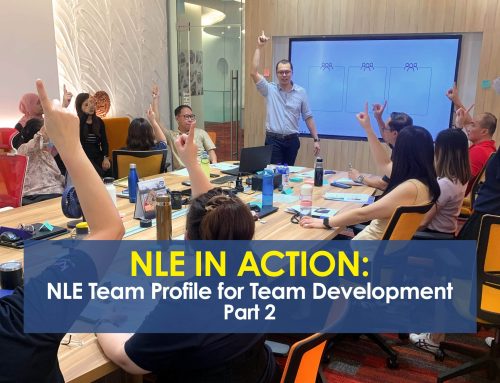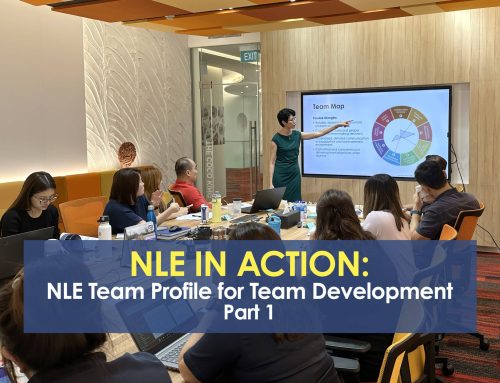All our classes are conducted in compliance with the safety measures.
Why do people learn the Enneagram, or any other personality model or tool?
People learn personality tools to:
Enneagram - effective personality tool
The Enneagram is an effective tool as it is very comprehensive, methodical and dynamic, which promotes predictability and confidence when utilized. It helps us improve authentic communication and synergy in relationships, and gives a clear roadmap on how to develop our Best Healthy Selves.
You will be amazed at how accurately the Enneagram describes people - their worldviews, values and beliefs, mental patterns, emotional habits and triggers, social and repeated behaviors, energy level, and much more. Suddenly, you will be seeing yourself and others through new perspectives, like you were blind but now can see.
Because the Enneagram is such a powerful tool, some people may over-rely on it or misuse it to:
This creates separation, judgement, mistrust and takes away power from the other person. It negates the opportunity to cultivate healthier and harmonious relationships.
On the other hand, when used by an Enneagram practitioner with wisdom and compassion, it promotes tremendous awareness, understanding, growth, cooperation and productivity.
You can Google knowledge, but you can’t Google wisdom
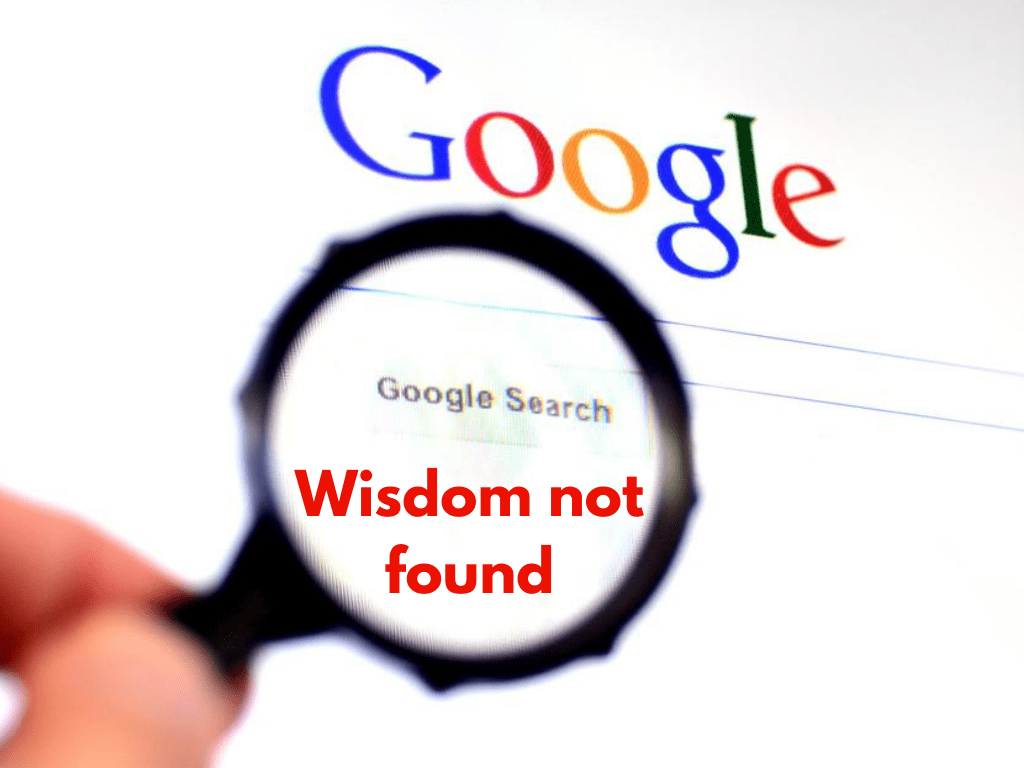
When you first learn the Enneagram, there is an excitement and enthusiasm to go around and type people, telling them their type and why they are the way they are. You might be tempted to validate how accurately you can type people by “force-feeding” them their type. This is NOT USEFUL for the other person. It can be very premature and judgemental. It puts people in a box without the opportunity for them to observe and understand themselves and find their own type, which would limit their personal development.
When is it better to be right or kind?
People who are less self-aware, have big blind spots or cannot see the “water they are swimming in” may not be ready to hear or face certain truths about themselves. Other people might “know” or even be “certain” of their type, while you see them display another type more clearly. Before jumping in to correct them because you know you are right, consider:
To be a change-enabler, believe that people can change. Holding back, holding space, holding “mirrors” and holding compassion are all a part of your “being.”
- Agnes Lau, Enneagram Trainer | Life Coach | International Enneagram Association (IEA) Accredited Professional

The “Spirit” of being an Enneagram practitioner
See people as a Whole Person, and consider their behaviour or outer appearances as just data points.
Everyone has got unique needs and wants, and their own challenges in life. Patiently let their patterns consolidate over time, holding in mind that we will never know everything about the other person anyway.
Be mindful of your own assumptions, interpretations, judgements and reactions.
The Enneagram is such a great way to learn more about who you truly are, catch your habitual patterns, and to improve yourself. Understanding where people are coming from and being more flexible yourself helps to build better relationships and get things done productively.
Give people time to discover their type, through self-observation.
Give people time and space to discover their personality structure and fixations. You can give information, hold up “mirrors” for them to see their blind spots, and hold space for them to take ownership of their strengths and weaknesses.
Pay attention and keep progressing in these areas:
- having an experienced, deeper understanding of the Enneagram,
- accepting yourself and others for who you are at the moment,
- constantly working on yourself through self-observation and stretching to develop your best self,
- learning, observing, and updating yourself on information about the Enneagram,
- being understanding and compassionate with people’s compulsions and fixations,
- making the effort to build healthier and meaningful relationships,
- being inclusive and open to the diversity of personalities.
You CAN cultivate the “Spirit” of being an Enneagram practitioner - in our Neuro-Linguistic Enneagram programme.
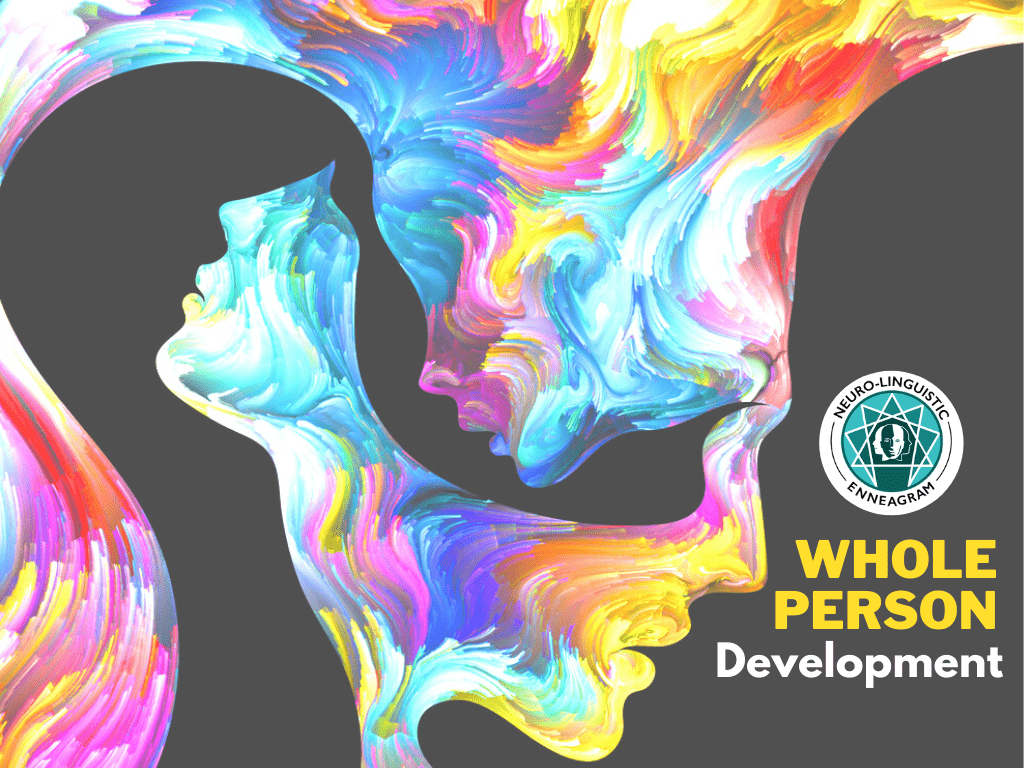
You’ll get to practise this “Spirit” in a supportive coaching environment, and receive feedback to fine-tune your development. You’ll gain first-hand experience working with different Enneagram personalities and how to develop synergy with them. The Enneagram is limited as just head knowledge; when you embody the “Spirit” of compassion and wisdom, people stand to benefit from the flow and finesse in your practice.

